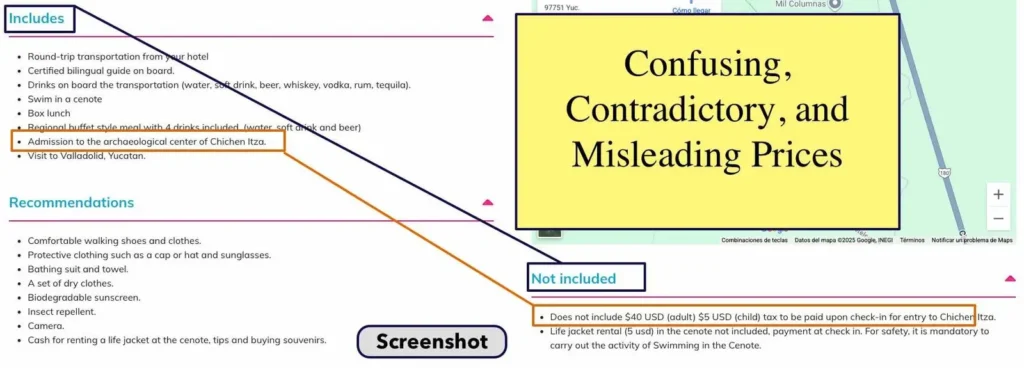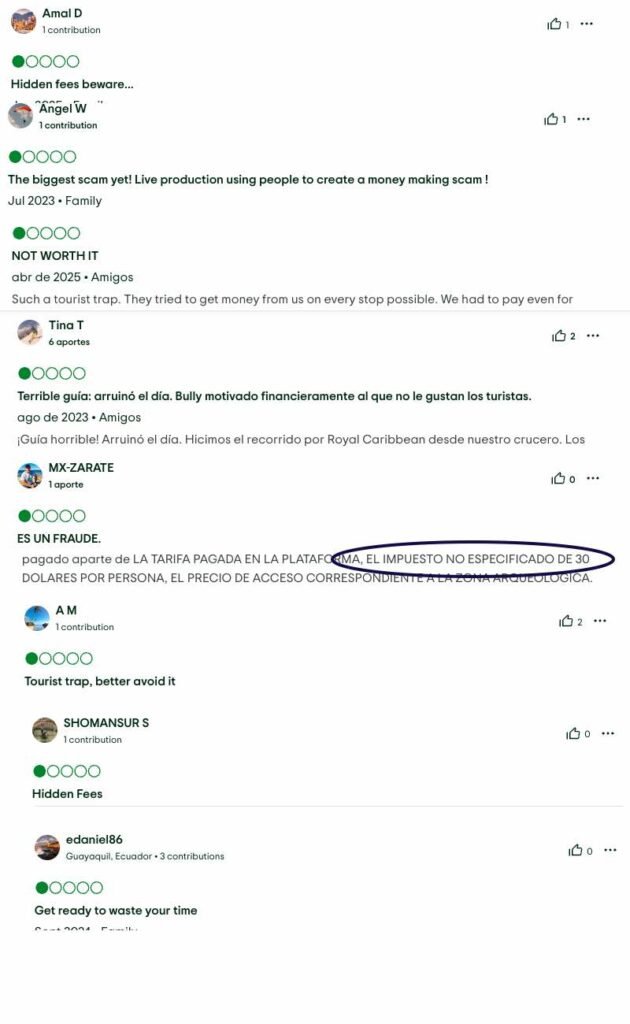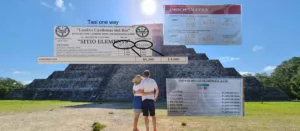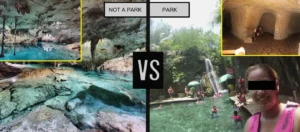Intro, help is my purpose…
Before writing this blog, I took the time to study and explore the internet, and I noticed that many companies in tourism follow certain practices that affect the traveler’s experience. I want to make something very clear from the start: my intention is not to discredit or speak badly about any company or brand. This blog is not about pointing fingers — it’s about highlighting the problem and discussing some common bad practices that exist in the industry.
Even though I may share certain values with the people and businesses who sometimes use these practices, my essence is different. I believe in respect, honesty, and transparency, and part of that means not trying to make anyone else look bad. My only purpose here is to inform, to help travelers make better choices, and to show that there are better ways to create unforgettable experiences.
How tours actually work
Usually, travelers buy a tour from an agency or a seller. That agency then calls a tour operator, who is the one that actually runs the excursion. One operator works with many travel agents, and each agent has several options of operators for the same destination.
This is important to understand, because here’s where the so-called “extra tax” comes from.
The business behind the “so-called tax”
Tour sellers keep a percentage of the total price. Especially in hotels and agencies that move a lot of volume, commissions can be huge, and they often double the price the operator gave them.
Simple example:
Operator price: $150 USD
Agency sells it at $300 USD
Agency keeps $150 USD commission
Now, if the tour includes the Chichen Itza entrance fee, which costs about $34 USD, the agency would have to increase the price by another $34, because they don’t want their commission reduced. That’s why they add an extra charge, disguised under the name of a “tax.”
The contradiction
Many agencies and operators will tell you the entrance fee is included, but the “tax” is not. The irony is that the tax can cost more than the entrance itself. The official Chichen Itza entrance fee is 671 pesos, about $34 USD, while some agencies charge between $40 and $45 USD as a so-called “tax.” Mathematically, it doesn’t make sense.

The numbers in black and white
| Item | Real official cost | What some agencies charge with the “ENTRANCE” “INCLUDED” |
|---|---|---|
| Chichen Itza entrance (adult) | 671 pesos ≈ $34 | — |
| So-called “extra tax” | — | 800–850 pesos ≈ $40–45 |
| Difference | — | +170 pesos ≈ +$11 |
This shows that the “tax” is not a real tax, it’s just an extra charge disguised to confuse travelers.
The real problem
The real issue is not only paying more. It’s the signal a company sends from the start: if they are willing to mislead you about something as basic as the price, they are unlikely to treat you well during the entire day. You can expect additional costs for lockers, life jackets, and drinks at the buffet. You may also encounter aggressive sales tactics throughout the day. Some companies even use fear as a selling point, warning about mosquitoes that carry deadly diseases and immediately offering an overpriced mosquito repellent. These practices can make you feel pressured, uncomfortable, and skeptical, even before you fully enjoy the main attraction.

As the excursion continues, bad practices can persist. Unplanned stops at souvenir shops may take away time from the real experience. By the time you reach Chichen Itza, your mood may already be negative. You could feel defensive, deceived, frustrated, and in a bad mood. It is not the same to arrive excited and energized as it is to arrive irritated and disappointed, realizing that part of your day has been manipulated.
How travelers choose
Many travelers look only at the price. They see a tour for $150 and another for $110 and think the $110 option is a better deal. In reality, the $150 tour may be telling the truth and including everything, while the $110 tour often hides “extra taxes” and ends up costing the same or more. Unfortunately, travelers sometimes reward the dishonest operator and overlook the honest one.
Conclusion
Before booking a tour to Chichen Itza, make sure to double-check what is actually included, and consider who you will be spending the whole day with. Be cautious if the only explanation you get is “it’s the tax” with no clear details.
Remember, it is not just about money. Your time, expectations, and trust are equally important. The difference between returning from Chichen Itza happy or upset often depends more on the respect and integrity of the people who take you there than on the site itself.




